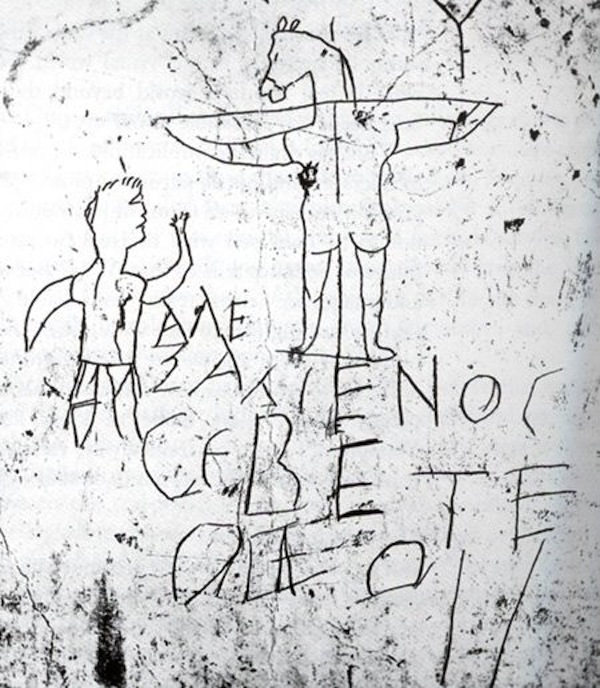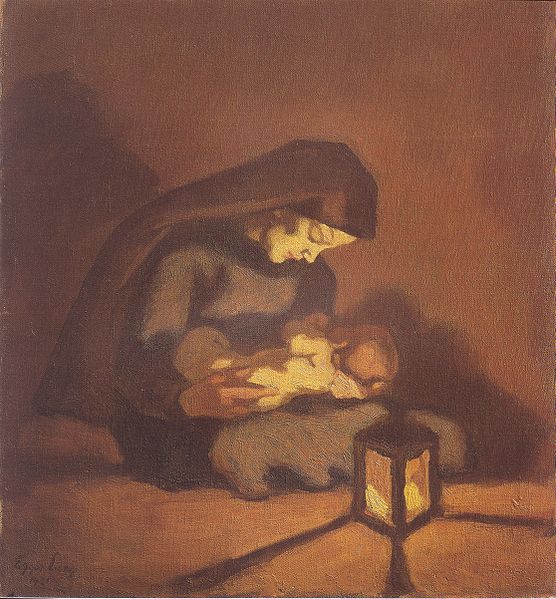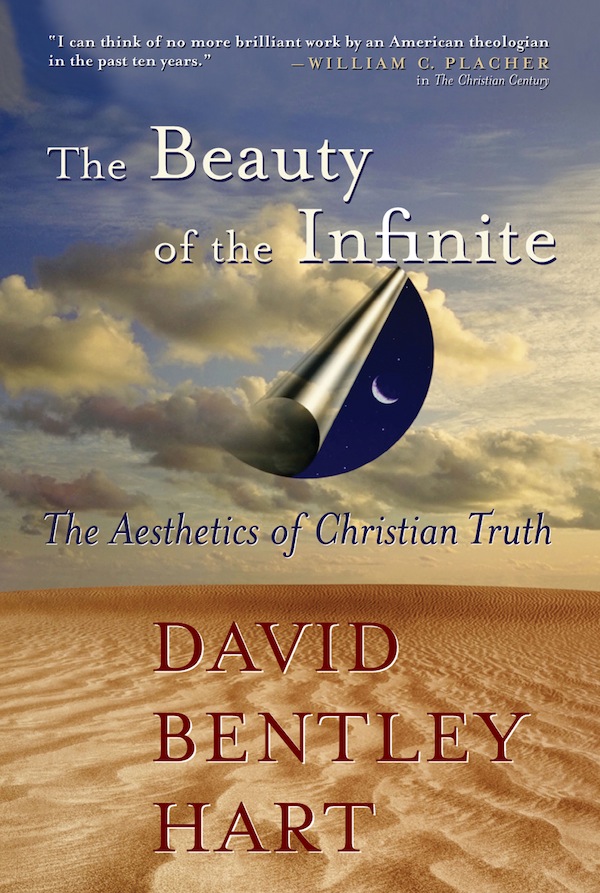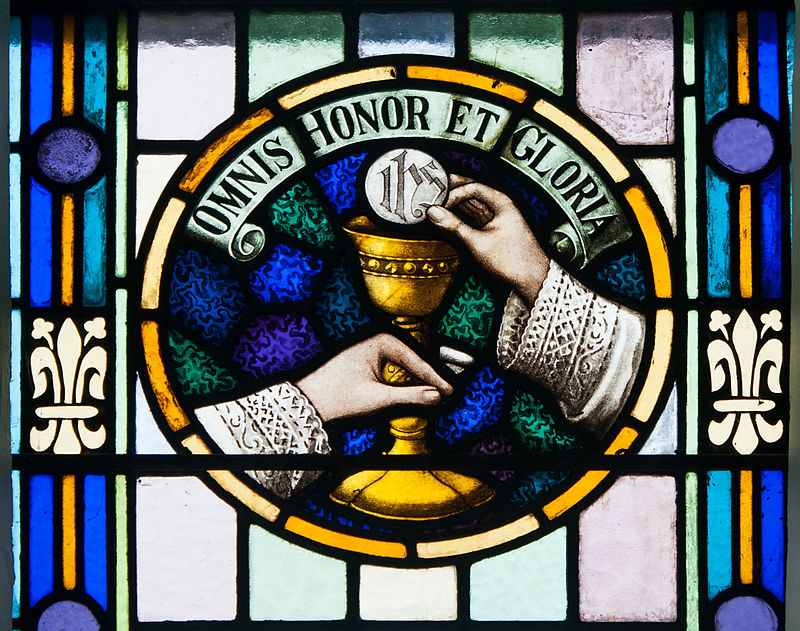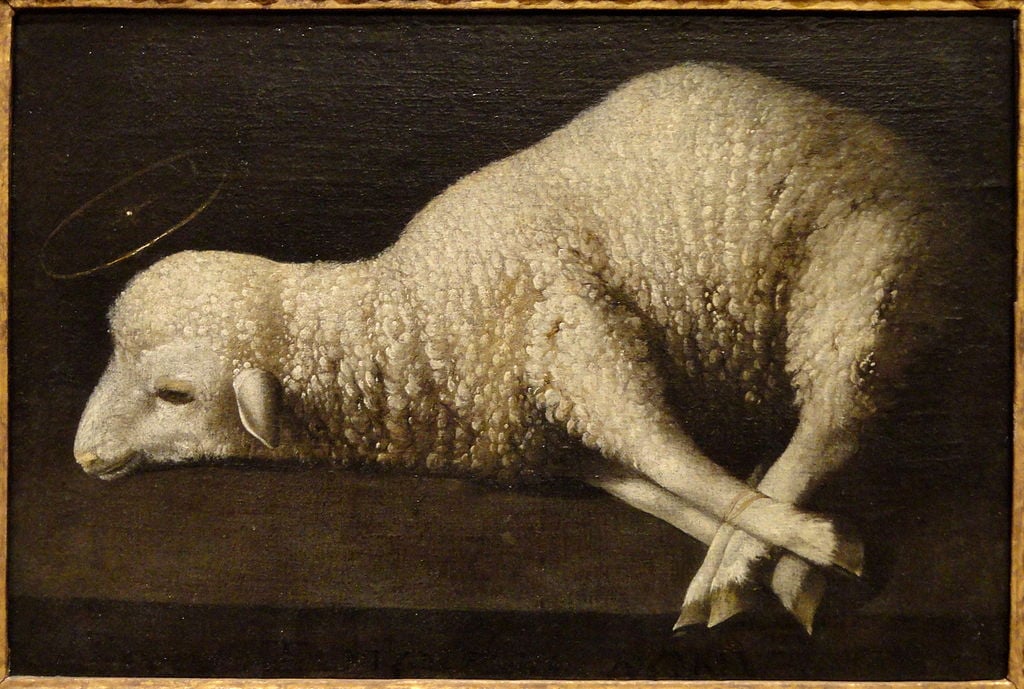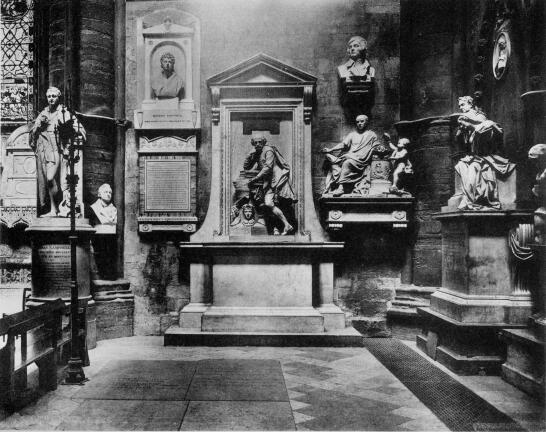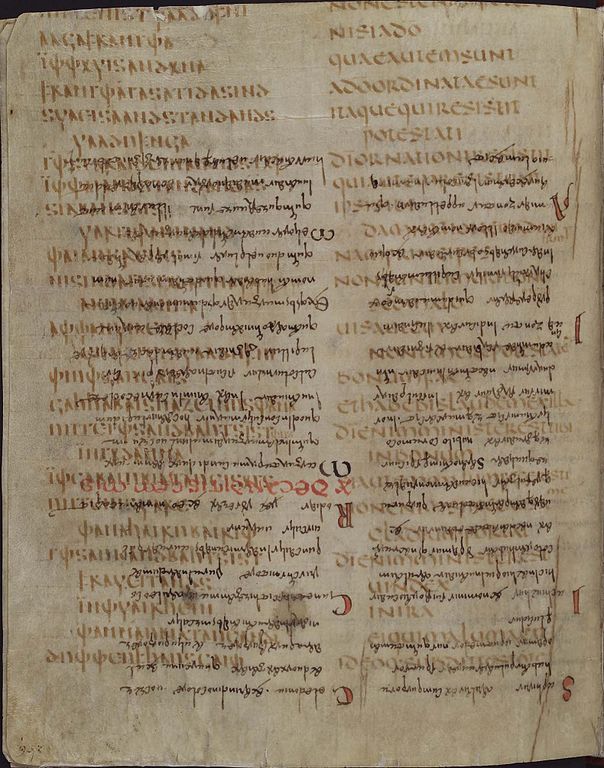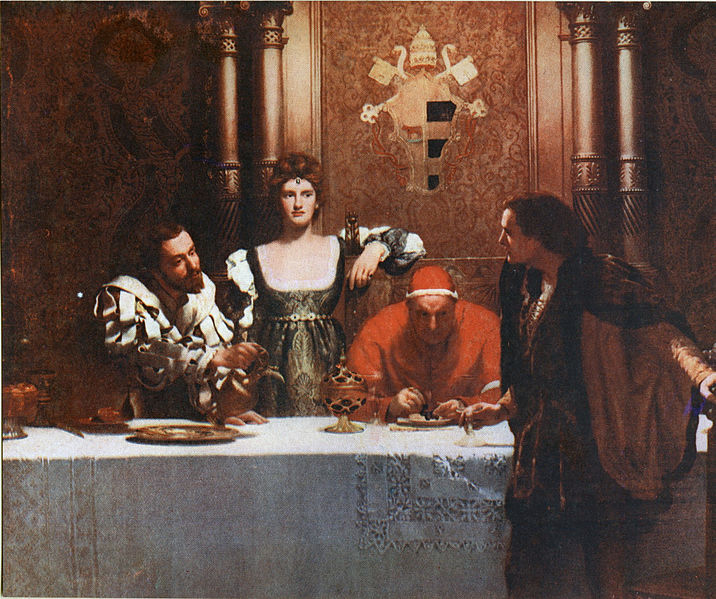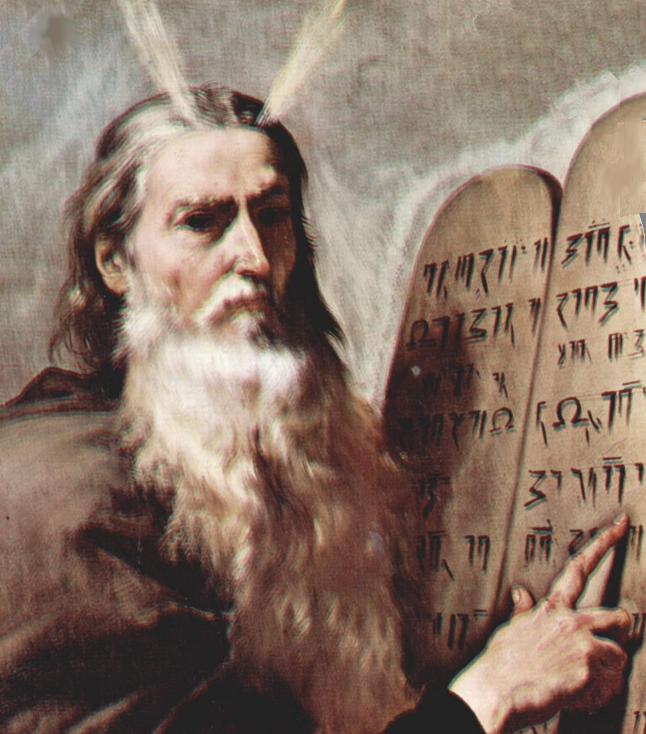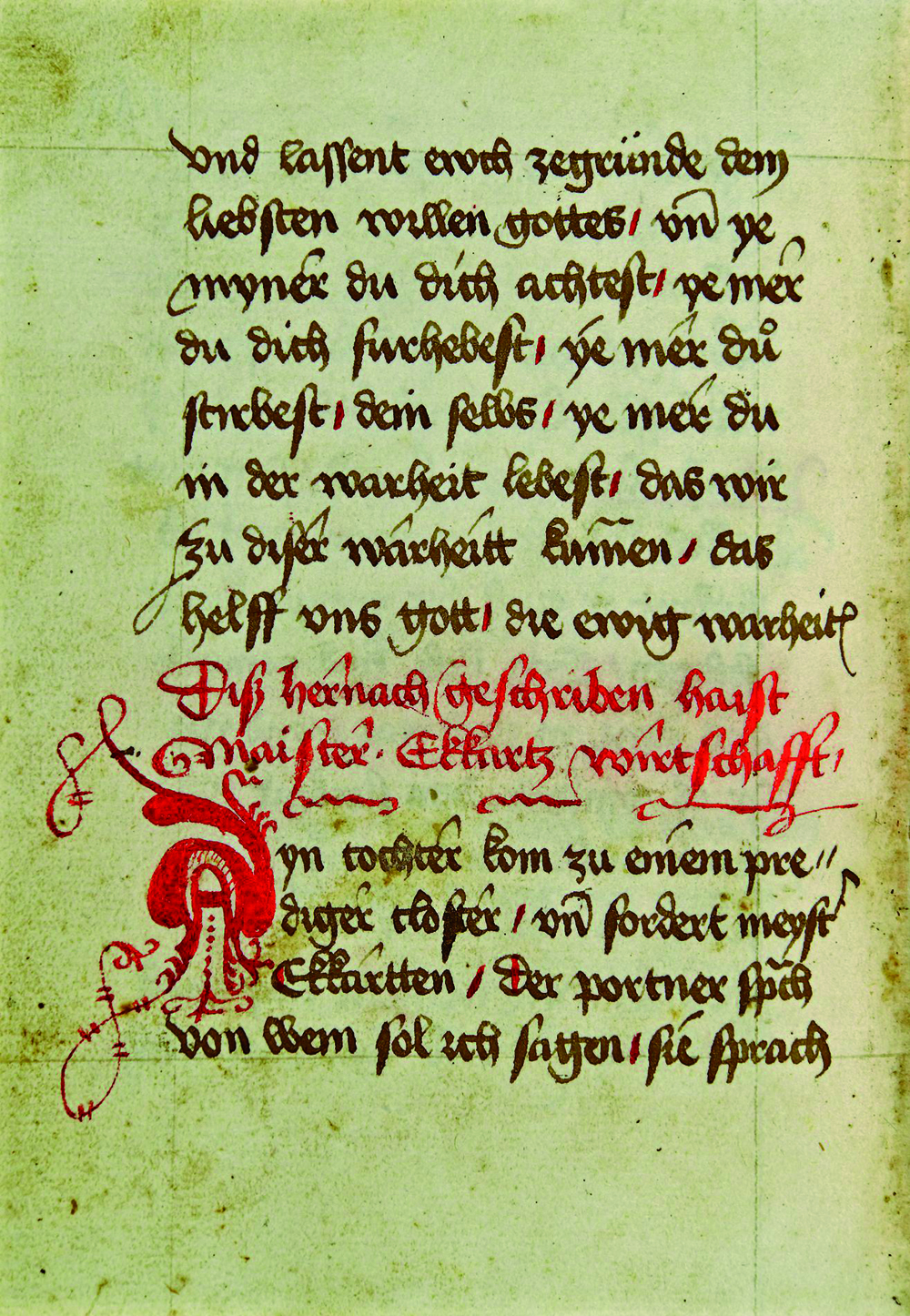I have been starting to get into the thought of the great 20th century Catholic philosopher Dietrich von Hildebrand, and so I found this very good conference put together by the ever-stalwart Franciscan University of Steubenville on his thought. A fascinating moment in particular was this discussion of the thought of Karol Wojtyla (who was very influenced by Hildebrand) on sexual shame, and Wojtyla’s defense of sexual shame. That was very interesting to me, in part because Pope St John Paul II’s theology... Read more

